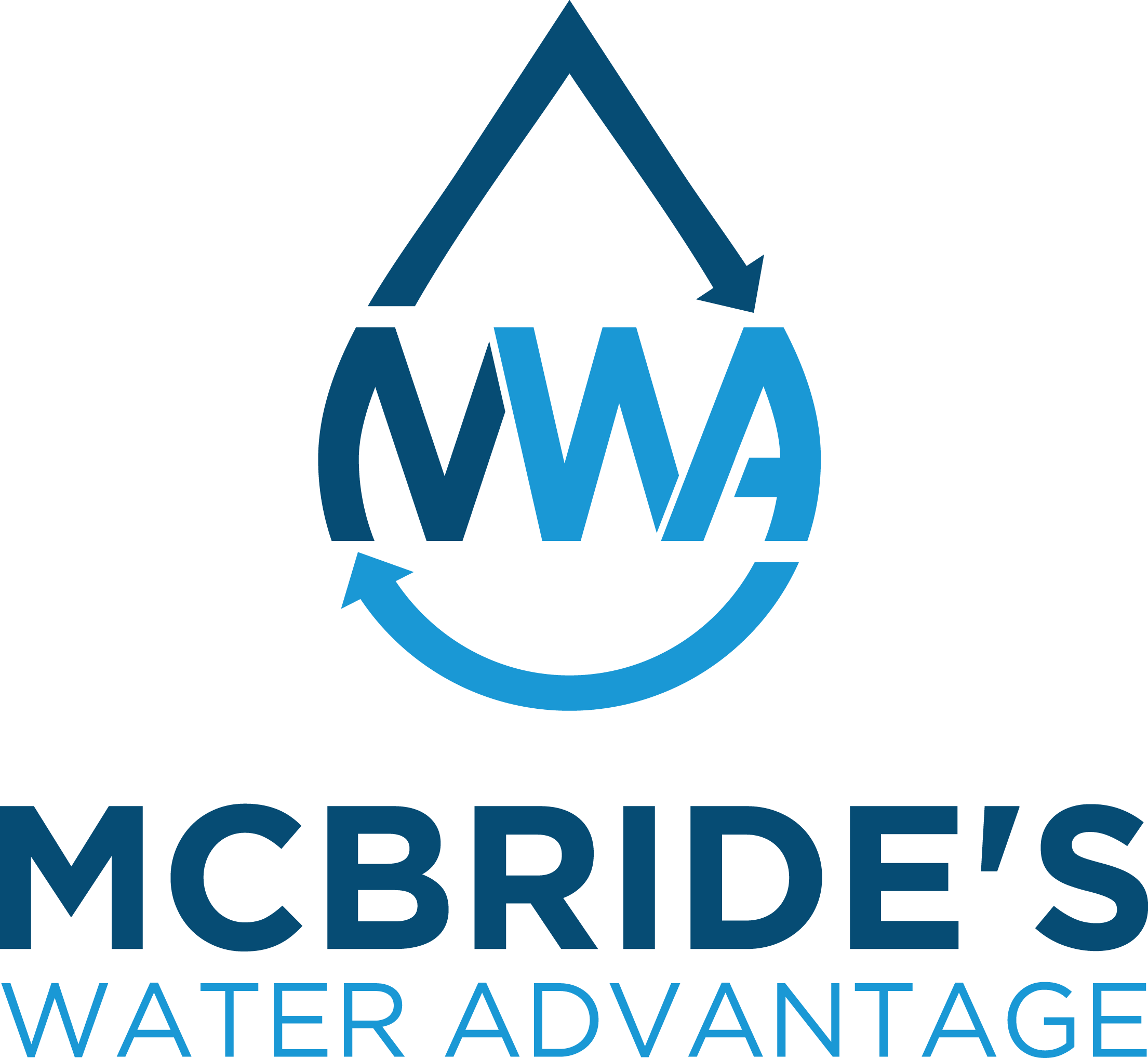 You might remember learning about pH levels back in high school chemistry class, but have you ever heard about the effects of pH levels on the water that comes out of your taps at home? Although low pH levels are often overshadowed by other water quality issues like chlorine contamination and hard water, they can be just as problematic. Today we’re going to talk about the risks of tap water with high pH levels and what you can do to neutralize your home’s water!
You might remember learning about pH levels back in high school chemistry class, but have you ever heard about the effects of pH levels on the water that comes out of your taps at home? Although low pH levels are often overshadowed by other water quality issues like chlorine contamination and hard water, they can be just as problematic. Today we’re going to talk about the risks of tap water with high pH levels and what you can do to neutralize your home’s water!
What are pH levels in water?
pH stands for “potential of hydrogen,” and it refers to the amount of dissolved hydrogen atoms in water. The pH levels of water are measured on a scale of 0-14. A measurement of 7 indicates the water is perfectly neutral. Water with pH levels below 7 is considered acidic and water with pH levels above 7 is considered alkaline.
Acidic water is a common issue in New Hampshire homes, especially in homes that get their water from a private well.
How can water with low pH levels affect your home?
One of the biggest problems with water that has low pH levels is that it is damaging to a home’s plumbing system. Acidic water naturally wants to become neutral, and it will decay metal pipes in an attempt to do so. This causes a home’s pipes to corrode when pH levels are low, which can cause them lose their stability and develop leaks. The corrosive properties of acidic water will also damage and shorten the lives of plumbing appliances like water heaters and boilers.
Water with low pH levels can also stain your plumbing fixtures and the clothes that you run through your washing machine.
How can water with low pH levels affect your health?
In addition to causing problems with your home’s plumbing system, water with low pH levels can negatively affect your health. That’s because when acidic water corrodes your home’s pipes, it causes metals like copper and lead to leech into the water. Consuming metals like these is considered highly dangerous and has been linked to many health problems, including:
- Neurological effects such as impaired concentration, seizures and hearing loss.
- Gastrointestinal effects such as nausea, constipation and colic.
- Reproductive problems such as miscarriages, reduced sperm counts and developmental issues in children.
- Damage to a body’s most essential components, including the brain, red blood cells and kidney.
How can you neutralize your water’s pH levels?
The first step toward neutralizing your water’s pH levels is to have your water tested by a professional like McBride’s Water Advantage. We provide pH testing for both our free and comprehensive water testing services. If our tests indicate that your water has low pH levels, we can help you choose a treatment system to neutralize it.
The type of system that we most commonly recommend to address low pH levels is a calcite blend filtration system. This system uses a sacrificial media that only need to be replaced about once per year.
If you have any questions about the risks of water with high pH levels, or if you’d like a water system serviced or installed in your home, contact McBride’s Water Advantage, your water softener and water filtration system dealer in Epsom, NH. We provide service all over New Hampshire, including towns like Nottingham, Goffstown and Loudon, NH.
photo credit: sysrq via photopin (license)
